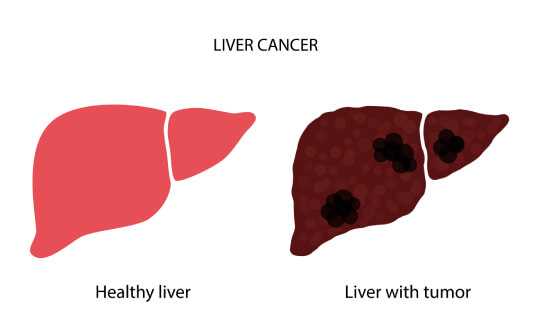Medical Blog About Treatment Abroad
Welcome to our medical blog – it is dedicated to empowering patients with knowledge about global healthcare! We created this platform with the intention to bridge the gap between patients and the medical innovations available globally.
What's Inside: Discover new and rare methods in oncology, immunology, heart surgery, neurosurgery, and other medical fields! Our health travel insights show how medical journeys open new possibilities with advanced treatments unavailable locally, including specialized cancer care abroad.
Who Benefits: This resource is for patients and their families who seek new treatment methods and explore options at leading international hospitals. Those who want to make informed healthcare decisions beyond borders.
Why Read: Booking Health experts provide verified information through patient-friendly articles – they translate complex medical advances into accessible info. Stay current with the latest developments in global healthcare and discover how international medicine can transform treatment outcomes!
Browse our latest articles and take the first step toward better health outcomes!
Oncology
 Modern Cervical Cancer Treatment in Germany
Modern Cervical Cancer Treatment in Germany
Cervical cancer remains one of the most common gynecological malignancies worldwide, with significant disparities in incidence and survival depending on geography and access to care. According to the World Health Organization, over 600,000 women are diagnosed with cervical cancer each year globally, and nearly 340,000...
 Comprehensive Guide to Cervical Cancer Treatment: New and Standard Treatment Options
Comprehensive Guide to Cervical Cancer Treatment: New and Standard Treatment Options
Cervical cancer is one of the most frightening diagnoses to give to a woman. More than half a million new cases are reported every year worldwide, and half are diagnosed at late stages when the patient already shows signs of the disease. New technologies in screening and vaccines have enhanced early diagnosis, but problems remain...
 Bile Duct Cancer Treatment: Cholangiocarcinoma Treatment Options Guideline
Bile Duct Cancer Treatment: Cholangiocarcinoma Treatment Options Guideline
Bile duct cancer, also known as cholangiocarcinoma, is a malignant tumor that can originate in any part of the bile duct system. Bile duct cancer is considered to be rare as compared to other types of cancer, with less than 8,000 people diagnosed with it every year. Females are less likely to suffer from the disease than males.
 Comprehensive Guide to Bladder Cancer Treatment: New and Standard Treatment Options
Comprehensive Guide to Bladder Cancer Treatment: New and Standard Treatment Options
Bladder cancer is one of the most common cancers worldwide, affecting both men and women, though men are significantly more likely to be diagnosed. According to the U.S. National Cancer Institute, an estimated 84,870 new cases of bladder cancer have been diagnosed in the United States in 2024 alone, with approximately 17,420 related...
 Comprehensive Guide to Liver Cancer Treatment: New and Standard Treatment Options
Comprehensive Guide to Liver Cancer Treatment: New and Standard Treatment Options
Liver cancer is one of the most widespread types of tumors, ranking 6th among the most common cancers globally. Statistics show that it is more common in men and is among the top 5 most common cancer types. Around 900,000 new liver cancer cases are detected in the world annually. Meanwhile, the number of deaths is coming...
 Ovarian Cancer Treatment Options in Germany
Ovarian Cancer Treatment Options in Germany
Ovarian cancer is a significant global health concern, ranking as the eighth most common cancer among women. In 2022, there were approximately 324,603 new cases worldwide, with over 206,000 related deaths. The disease often presents with non-specific symptoms, leading to late-stage diagnoses and a global five-year survival rate ranging...
 Comprehensive Guide to Stomach Cancer: New and Standard Treatment Options
Comprehensive Guide to Stomach Cancer: New and Standard Treatment Options
Hearing the words "stomach cancer" can feel like the ground disappears beneath you. Fear, confusion, and a flood of questions - with no time to waste. What happens next? What are the treatment options? Is there hope for recovery? This guide is here to give you clarity in the chaos. We’ve gathered clear, reliable, and up-to-date information to walk you...
 Stomach Cancer Treatment Options in Germany
Stomach Cancer Treatment Options in Germany
Stomach cancer remains a serious global health concern, with over 1 million new cases diagnosed each year and approximately 770,000 deaths worldwide. While incidence rates have been declining in some regions due to better screening and dietary changes, late diagnosis and aggressive disease progression continue to make gastric...

